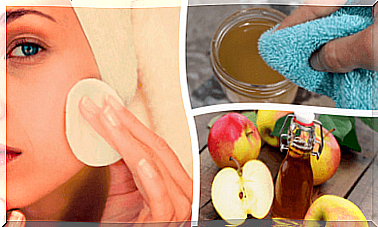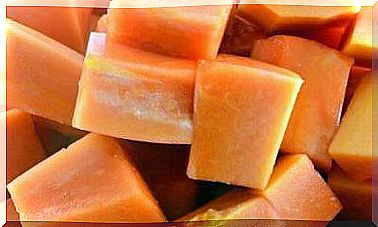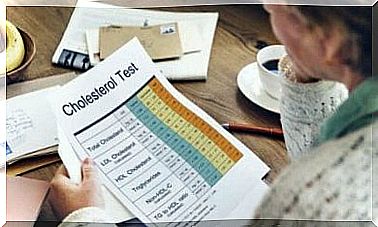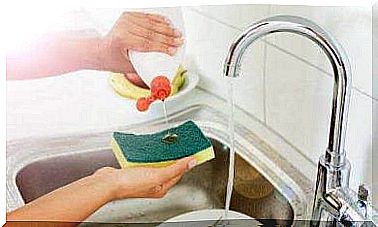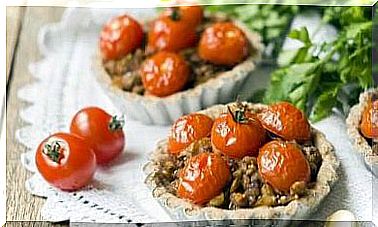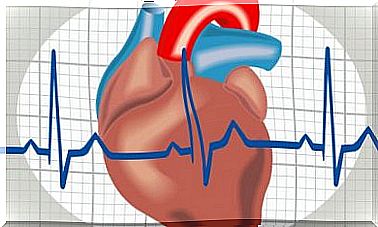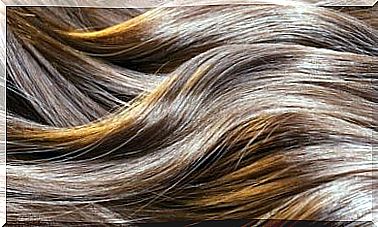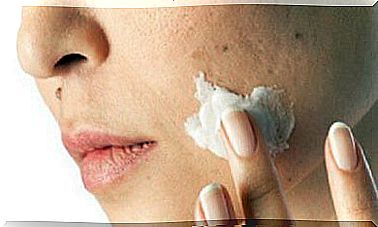The 3 Essential Steps To Have A Healthy Gut
If we want to have a healthy gut, it is essential that while increasing the intake of fiber, we do the same with the water to avoid unwanted effects.
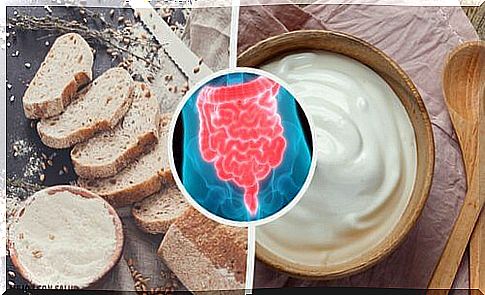
A healthy gut is the main key to our well-being. Indeed, the intestine is an organ linked to the elimination of toxins, the absorption of nutrients and the maintenance of a good immune system to protect us against all pathogenic germs.
Find out in this article what are the 3 essential steps to have a healthy gut in a natural way: an integral diet, regular cleansing and an adequate supplement of probiotics.
The benefits of a healthy gut
The intestine performs different functions in our body:
- Finalizes the digestion process.
- Responsible for the absorption of nutrients through its walls. Thus, these pass into the bloodstream.
- Retains and expels feces outside.
- Regulates the body’s water balance.
- Linked to the immune system.
For all of this, having a healthy gut is essential. Indeed, otherwise, our organism will not function properly and we will suffer from short and long term disorders.
Three essential measures
To have a healthy gut, we need to follow these three basic steps.
1. Healthy eating
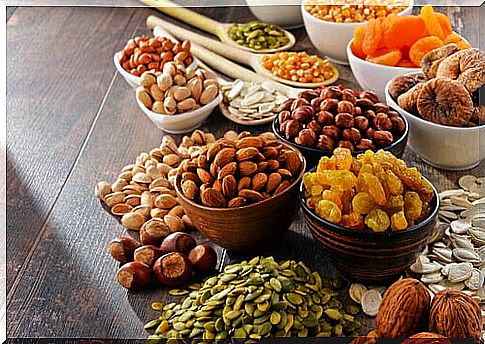
Our diet should be based on complete ingredients. These must not have been modified by refining processes in which the natural fiber is extracted.
In other words, we have to put aside refined grains, flour and white sugars.
Our food must also contain animal proteins (meat, fish, eggs, dairy products). However, the following food groups should be present in greater amounts with each meal:
- Fruits and vegetables
- Legumes
- Whole grains
- Nuts and seeds
- Mushrooms
- Algae
Fiber Consumption Warning
When we consume foods rich in natural fiber, it is also necessary to increase the intake of water. Because otherwise we could block the intestine.
If our diet is based on refined foods, when we start consuming fiber, we may experience constipation for a few days while our bodies adjust to the change.
Foods fortified with fiber or bran are not the best choice for our gut. Indeed, an excess of fiber can be harmful to health. But with the right amount of fruits and vegetables per day, we will be getting all the fiber we need naturally.
2. Cleaning
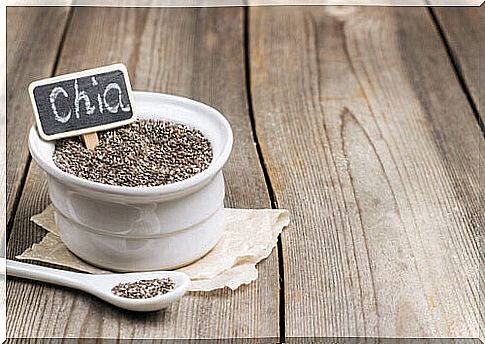
Our intestine is the end of the digestive system and is the organ responsible for eliminating feces.
Therefore, it is essential to facilitate its natural cleansing to avoid the accumulation of toxins. We can regularly use this remedy to cleanse the intestine thoroughly.
Ingredients
- 1 tablespoon of chia seeds (10 g)
- 3 prunes
- 1 glass of water (200 ml)
- The juice of ½ lemon
- 1 tablespoon of coconut oil or extra virgin olive oil (15 g)
What should you do ?
- The day before, we will soak the chia seeds and prunes in a glass of water.
- The next day, when we wake up, we will mix the water, chia seeds and prunes (without pits) with lemon juice and oil.
How to consume it?
- We will consume this preparation on an empty stomach, at least half an hour before breakfast.
- We can resort to this remedy once a week or every two weeks.
3. Probiotics
Finally, the third fundamental measure to have a healthy gut, once our diet is rich in whole foods and we try to keep this organ clean with natural remedies, is to protect the delicate intestinal flora.
The intestinal flora is negatively affected by various factors:
- Antibiotics and other drugs
- Unbalanced diet, rich in additives and refined
- Intestinal disorders
- Stress and emotional and nervous disorders
- Sedentarism
Probiotics
To protect and repopulate the intestinal flora, we can use probiotic supplements. These should always be taken on an empty stomach and two hours before each meal.
This condition is essential for them to perform the beneficial function on the flora. Because if we mix them with food, they will only help us digest better.
There are many varieties and qualities of probiotics. The more yeast they contain, the more complete and effective they will be. We can consume them periodically or whenever we need to regulate our intestinal transit.
We can also incorporate fermented foods into our diet. They are also rich in probiotics. Among the most recommended we find:
- Kefir
- Natural yoghurt
- Sauerkraut
- Kombucha
- Miso
While we don’t always make the connection, some rashes such as acne or other allergic reactions that appear on the skin may be due to an intoxicated gut that is not able to cleanse itself.
